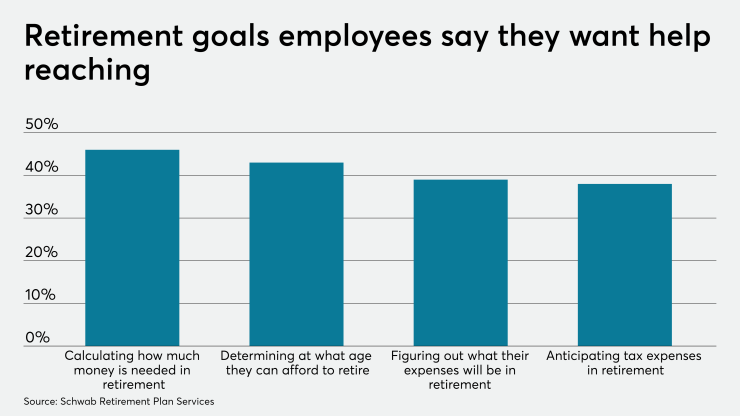Medicare coverage is a key part of employees’ retirement years, yet many retirees lack sufficient understanding of what their plan specifically covers.
Indeed, 29% of U.S. adults aged 65 and over with Medicare say they don’t fully understand Medicare Advantage
The COVID-19 crisis highlighted how unprepared Americans are for even a minor
Read More:
“Employers can help employees better prepare for retirement by sharing resources that will help them make educated decisions,” says Yvette Lee, a Society for Human Resource Management HR Knowledge Adviser. “Some employers have prepared a document where employees can find relevant information and fact sheets. Some employers set up e-learning sessions on retirement and Medicare.”
The MedicareGuide.com survey found that employees are eager for assistance and support. Twenty-nine percent of those surveyed trusted doctors for Medicare Supplement and Medicare Advantage plan information, while 0% trusted telemarketers. Licensed insurance agents are the most used (28%) and second most trusted (20%) sources of information on Medicare Supplement and Medicare Advantage plans.
“There’s an overwhelming amount of information [to be] obtained from a diversity of sources, and it can be overwhelming for people who are just beginning to think about this subject,” says Dan Grunebaum, a data journalist with MedicareGuide.com. “The fact that there are so many options available to them can produce a sense of decision fatigue.”
Read More:
Employees are increasingly turning to their employer to fill in their knowledge gaps. More than a third of employers provide information about Social Security (38%) and Medicare (35%) benefits, according to research from the TransAmerica Center for Retirement Studies.
Employees expect the companies they work for to offer holistic benefits that provide support to the individual based on their needs. Seventy-four percent of employers say helping employees secure their retirement is a top priority, according to TIAA.
“Employers are shifting their focus — it’s not just about the savings phase, it's also about making sure their participants have a dignified retirement,” says Tim Walsh, senior managing director at TIAA. “The pandemic has dramatically increased employers' focus on employee physical and financial health. Employers want their participants to feel secure.”






